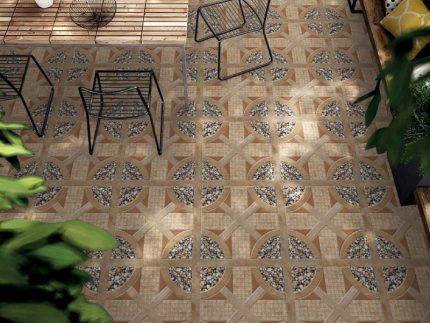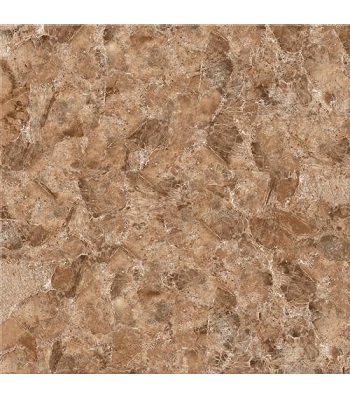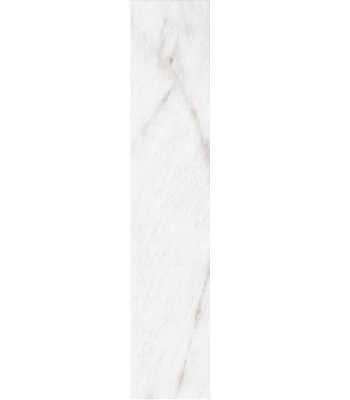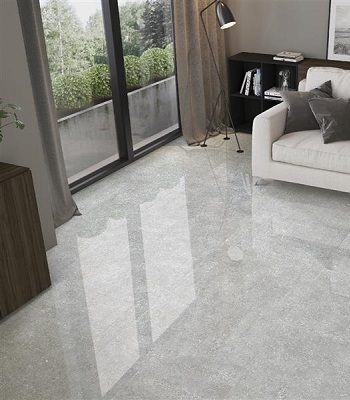Antibacterial Ceramic
0,00 €Introduction
Ceramics due to having excellent chemical stability, as well as good appearance are widely used in different places such as hospitals and buildings. Ceramics, unfortunately, do not have antibacterial effect inherently, and the microorganisms reproduce easily on their surfaces, especially in wet environments. Regarding this, the need for frequent washing and the use of disinfectants is necessary. However, the use of these materials not only causes respiratory problems but also leads to the loss of cement and mortar between the ceramics. Therefore, the use of a ceramic which has inherent antibacterial properties can be effective in solving these problems. Zin oxide nanoparticles have antibacterial effect which can kill many types of bacteria. These nanoparticles penetrate into the cell walls of bacteria and microorganisms and prevent their growth and reproduction. These nanoparticles can be mixed with ceramic glaze as an additive.
Barium Zinc Stabilizer
0,00 €| Model : | |
| Company name : | Pishrochem |
| Packaging : | |
| Minimum order : | 1 |
| Standard : | |
| Production power : |























